Keywords: Indigenous Voice
-
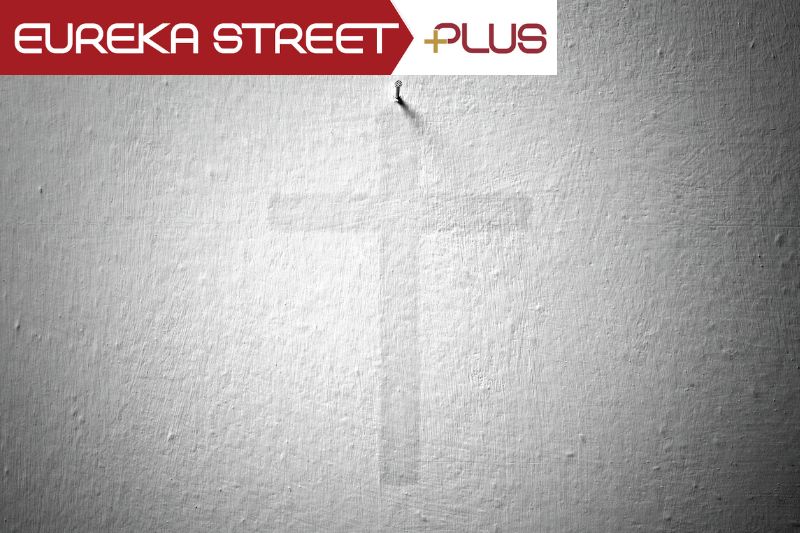
AUSTRALIA
- Michael Jensen
- 19 January 2024
4 Comments
In contrast to the United States, we in Australia ‘don’t do God’, and we rarely acknowledge the religious dimension of our national identity. In an age of declining adherence to the Christian faith, has Australia found a new civil religion? And will it serve us well?
READ MORE 
-
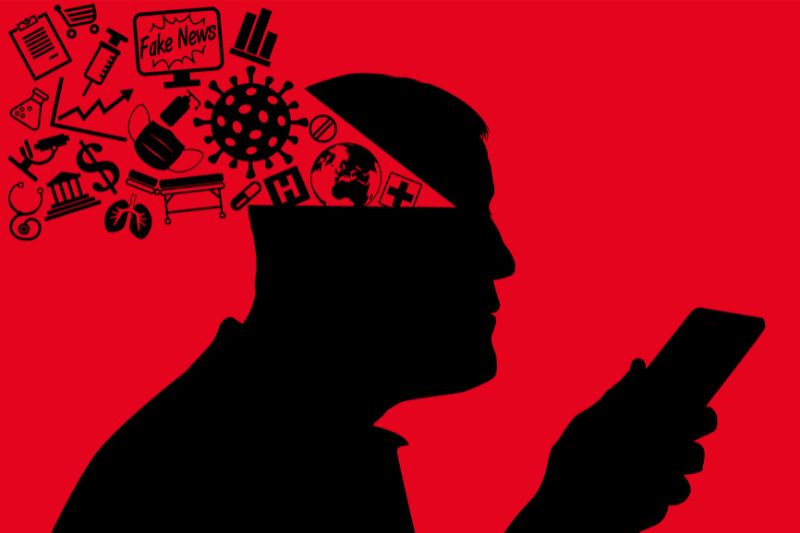
AUSTRALIA
- Frank Brennan
- 11 January 2024
As the government drafts legislation to stem the rising tide of misinformation circulating online, the nation debates: will these measures sufficiently regulate online content and curb potential harms or threaten freedom of expression? This moment is a critical test for the integrity of Australia's public discourse.
READ MORE
-
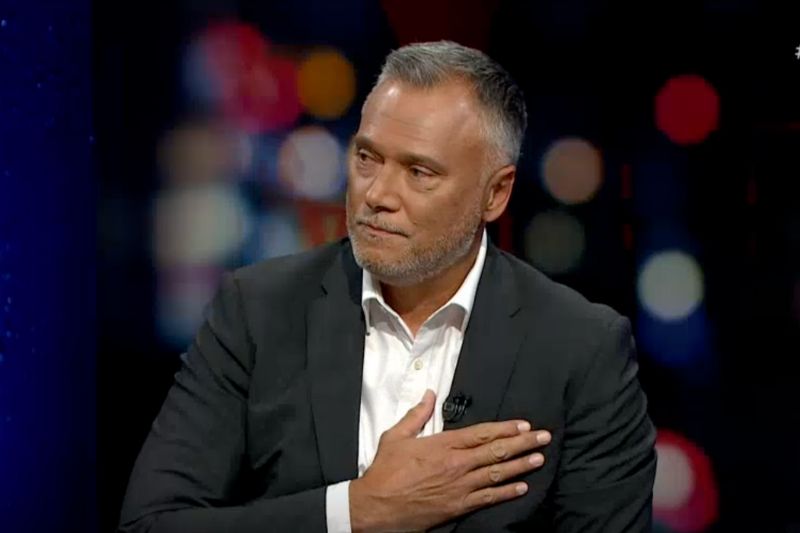
MEDIA
- Andrew Hamilton
- 11 January 2024
The departure of Stan Grant from his role at the ABC following racial abuse triggers collective dismay and brings to light the deeply rooted issue of racism in Australia. His exit from public life is a sobering reminder of the societal toll of bigotry, and underscores the urgent need to safeguard our public intellectuals.
READ MORE
-
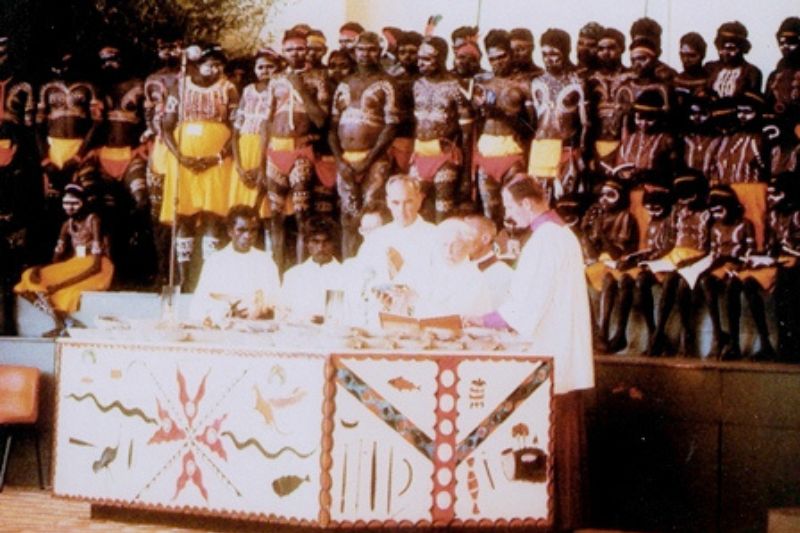
RELIGION
- Brian McCoy
- 11 January 2024
Fifty years ago, the Aboriginal Liturgy was the first attempt by the Catholic Church in Australia to re-shape the Mass, and was the first time we had witnessed and experienced Aboriginal people expressing their Catholic faith in ways that were culturally different from our own.
READ MORE
-
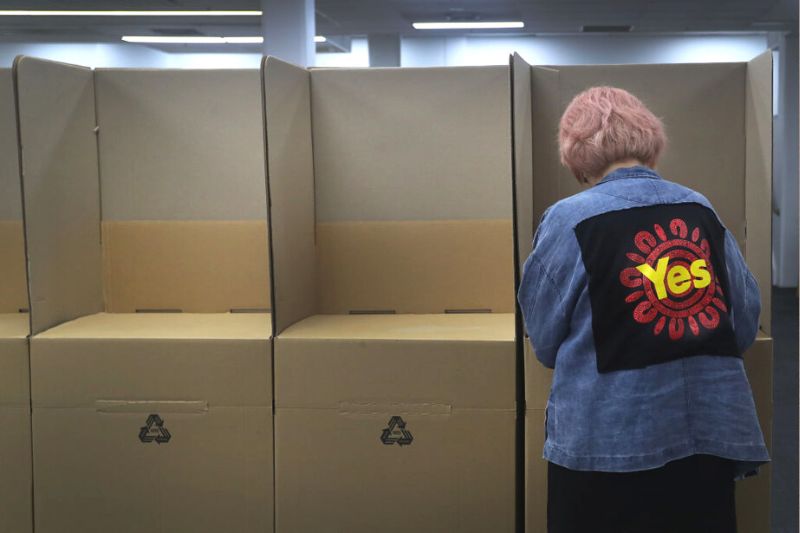
AUSTRALIA
- Joel Hodge
- 04 January 2024
The Australian Indigenous Voice referendum has been rejected, as anticipated by many, with the meaning and consequences now up for debate. This debate may be as crucial as the referendum debate itself to determining the future of reconciliation and what it means to be Australian in the 21st century.
READ MORE
-
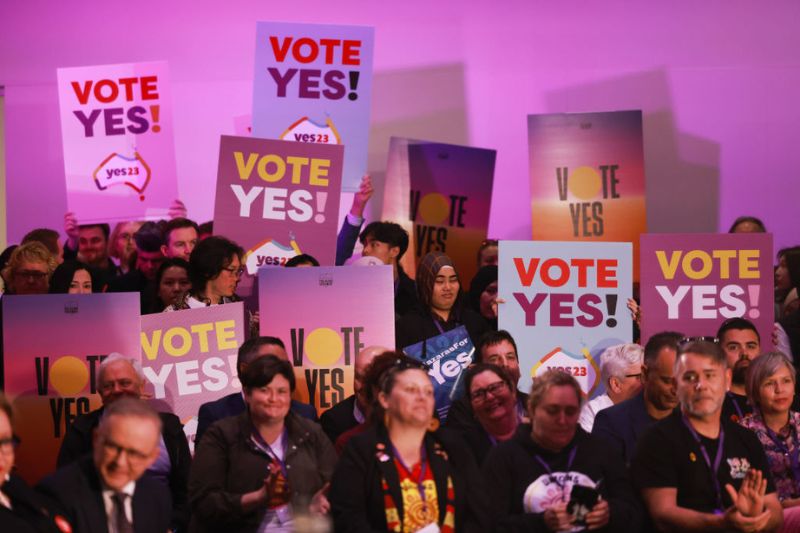
AUSTRALIA
- Frank Brennan
- 04 January 2024
As Australia approaches a pivotal referendum, voters face a critical choice: endorse a new chapter in the Constitution providing a 'First Nations Voice' or leave it untouched. Whichever way the vote goes, we will be left with a Constitution not fit for purpose in the 21st century.
READ MORE
-
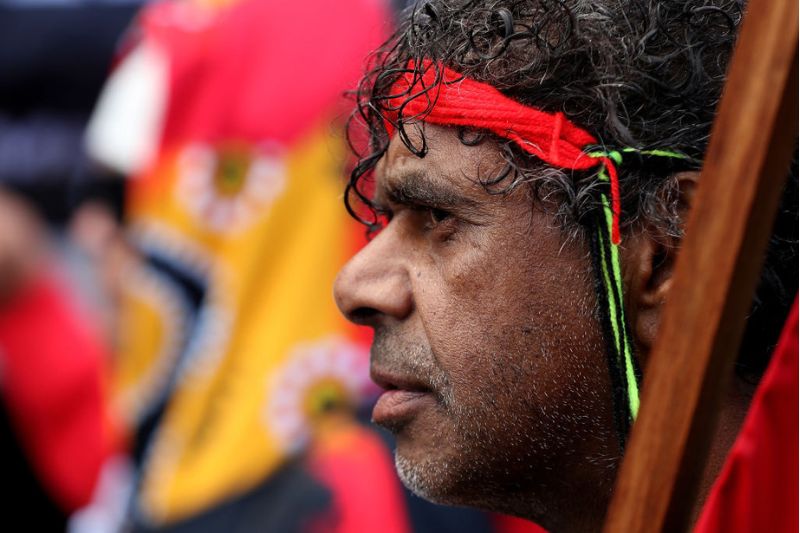
AUSTRALIA
- Celeste Liddle
- 04 January 2024
Later this year, Australians will vote on a referendum to enshrine an Indigenous Voice to Parliament, but many Indigenous Australians remain undecided, reflecting the complexities of the issue. The debate over the Voice to Parliament extends beyond the referendum question to encompass broader concerns about the constitution, treaties, and achieving true equality.
READ MORE
-
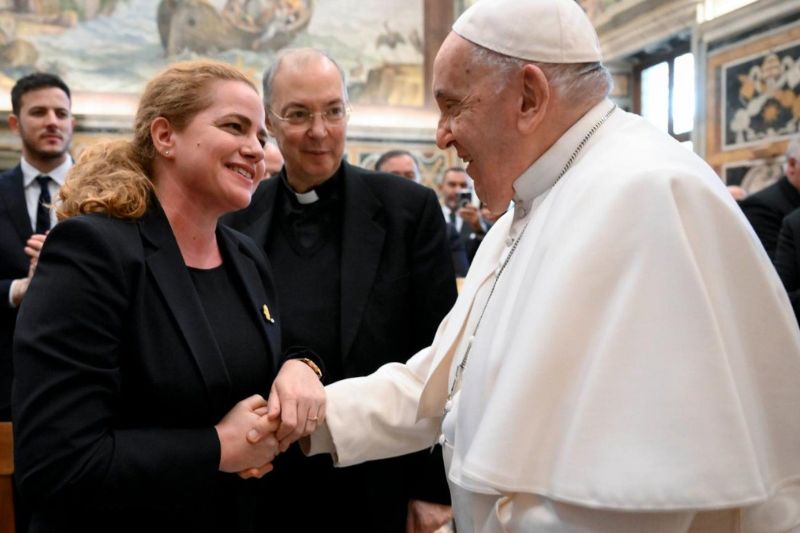
AUSTRALIA
- David Halliday, Michael McVeigh, Laura Kings, Michele Frankeni, Andrew Hamilton, Julian Butler
- 21 December 2023
10 Comments
To close the year for Eureka Street, the editorial team wanted to nominate who we considered to be the Eureka Street ‘person of the year’ based on this year's newsmakers.
READ MORE
-
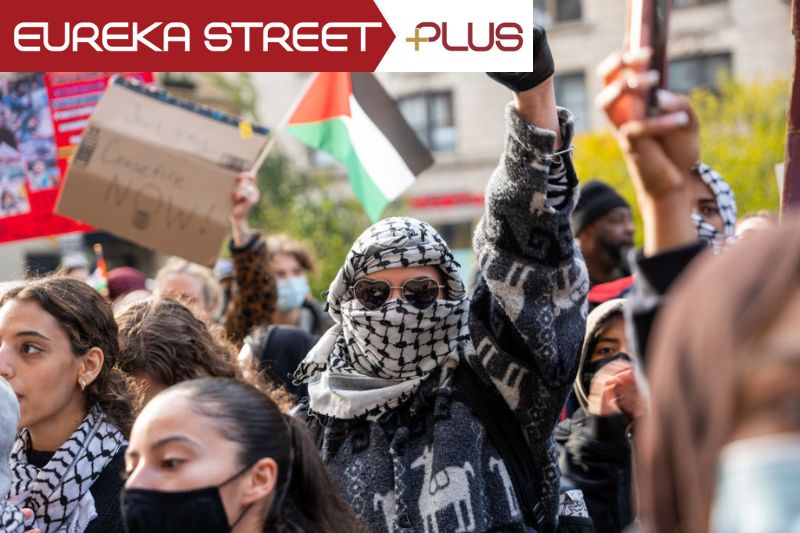
INTERNATIONAL
- Philip Mendes
- 04 December 2023
2 Comments
For over 40 years, I have supported a two-state solution to the Israeli-Palestinian conflict. That term means two states for two peoples. Such an outcome can only come about as the result of peaceful negotiations that advance compromise and moderation on both sides.
READ MORE 
-
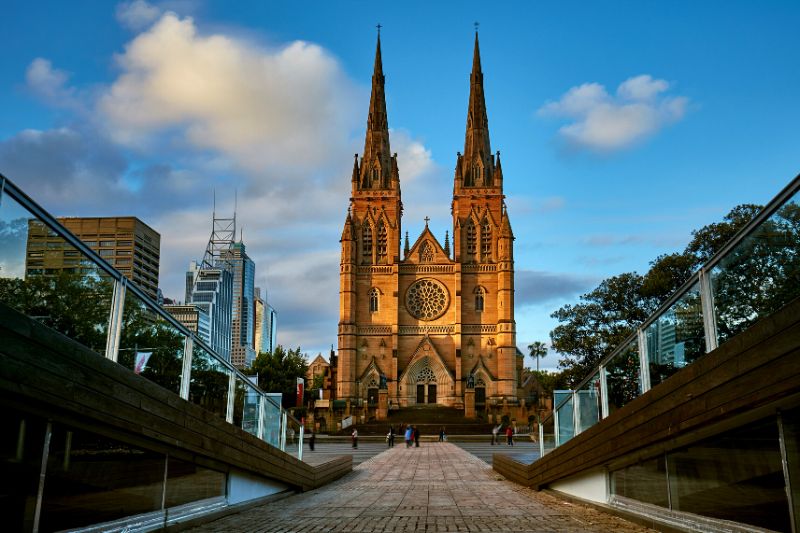
RELIGION
- John Warhurst
- 14 November 2023
11 Comments
Religion and politics are frequent bedfellows. Despite many clerics and bishops holding strong political views, and many lay Catholics being active within political parties, the successful embrace of synodality depends upon finding middle ground, and leaders who respect a diversity of views.
READ MORE
-

AUSTRALIA
- Frank Brennan
- 09 November 2023
4 Comments
As the government drafts legislation to stem the rising tide of misinformation circulating online, the nation debates: will these measures sufficiently regulate online content and curb potential harms or threaten freedom of expression? This moment is a critical test for the integrity of Australia's public discourse.
READ MORE
-
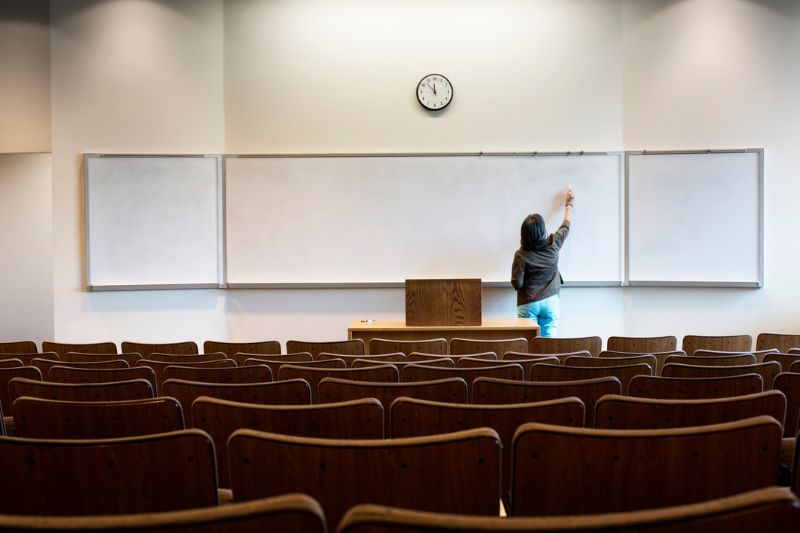
EDUCATION
- Helena Kadmos
- 26 October 2023
2 Comments
In the wake of the referendum, how can a curriculum be used to foster a sense of reflection, understanding, and dialogue among young minds? As classrooms become the backdrop for conversations around Indigenous voices, democracy, and social change, what does it mean to truly listen?
READ MORE